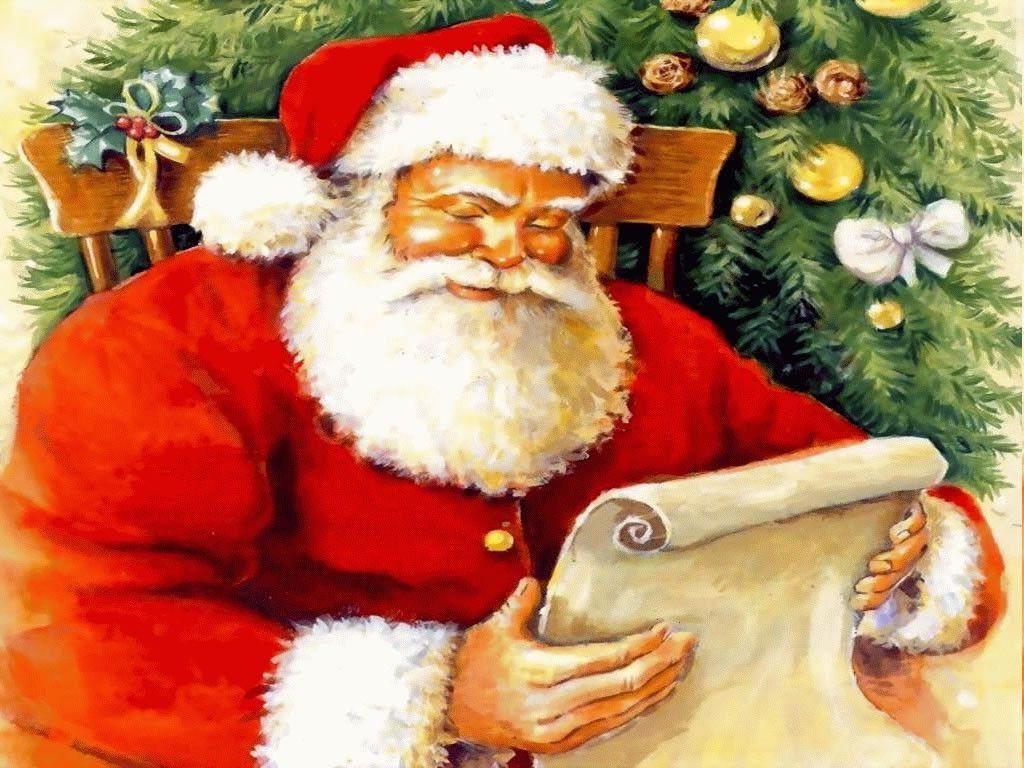
Annnnd…here’s the next installment!
You’ll remember the Acrasy List, and that will, I’m sure, bring to mind its contrapositive companion, the erstwhile Nice List. But just a bit of scrutiny shows that “nice” has not always been a suitable sobriquet to apply to anyone you hold in the slightest esteem.
“Nice” arrived in English from French somewhere around 1300. And when it arrived, it certainly didn’t mean “pleasant” or “agreeable,” as it does today. Not to mince words, it pretty much meant stupid or ignorant, as in this quotation from 1450: “They seiden he was a fool..and that they sien neuere so Nise A man.” Even worse, during the same period it meant wantonness or lasciviousness. Shakespeare probably meant it that way in Anthony and Cleopatra in 1616 (even though there really isn’t enough context here to tell for sure): “When mine houres Were nice and lucky, men did ransome liues Of me for iests.”
As often happens, a word that means “stupid” is also used to mean “lazy,” as in Robert Cawdry’s educational Table Alphabet of 1600: “ Nice: slow, laysie.” It’s not clear, though, why for about four centuries “nice” could also be used to mean “strange.” Around the end of the time that this meaning was current, John Ray defined it about as succinctly as could be: “Nise: strange.” (By the way, they didn’t use colons in those days; I added it for clarity.)
So for at least the first 300 years of the word’s history, you would definitely not enroll even your best-behaved child on a list labeled “nice.”
Another meaning for “nice” began to appear around 1400 — it meant extravagant or ostentatious clothing. It sort of described the Elton Johns of the era (even though the piano wouldn’t be invented for a long time, I’m sure there must have been Elton John types strutting around banging on baskets or something).
Possibly growing out of the “fancy outfits” meaning of “nice,” by about 1500 if you called someone “nice” you might also mean “scrupulous,” “fussy,” or “difficult to please.” Somebody that today we would probably call “snooty” or “snobby.” You can imagine a child having some of these characteristics, but it’s generally not associated with being very pleasant or agreeable. Quite the opposite, usually. There’s often one of those kids somewhere in a herd of them in a movie or something, so it’s certainly a recognizable type. But the snooty one is never the good kid who saves the day. Ever heard of Eddie Haskell? Well never mind.
By 1800 or so, “nice” had evolved a bit to more simply mean decent or respectable. That’s what Jane Austen meant in 1799: “The Biggs would call her a nice Woman.” Not long after that, “nice” began to take on the meaning we think of today. And we can return to Jane Austen for a nice rundown: “‘I am sure,’ cried Catherine, ‘I did not mean to say any thing wrong; but it is a nice book, and why should not I call it so?’ ‘Very true,’ said Henry, ‘and this is a very nice day, and we are taking a very nice walk, and you are two very nice young ladies. Oh! it is a very nice word indeed!—it does for every thing.’”
It seems to be quite true that the word “does for everything”, but the real question is what was the Nice List called before it could legitimately use that label? It looks like the only reliably good alternative that hasn’t shifted in meaning over the centuries is…”good.” It’s at least as old as “naughty,” which means it’s older than English itself, and it has pretty much always been some form of commendation. So before there were Naughty and Nice Lists, there must have been Acrasy and Good Lists. But nobody has ever found them…maybe that has something to do with Santa himself — he didn’t show up in anything like his modern form until the early 1800s, so he probably missed the whole acrasy era.
